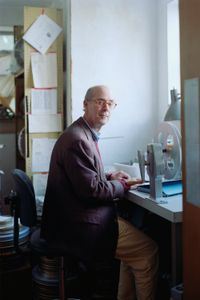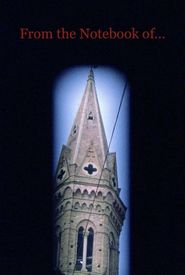Robert Beavers attended Deerfield Academy, but his academic pursuits were cut short in 1965 when he decided to leave the institution without graduating to pursue his passion for experimental filmmaking.
He subsequently relocated to New York City, where he spent two years honing his craft before embarking on a new chapter in his life. In 1967, Beavers and his mentor-partner, Gregory Markopoulos, made the bold decision to leave the United States behind and set their sights on Europe, a continent that would serve as the backdrop for their continued exploration of avant-garde filmmaking.
Tragedy struck in 1992 when Markopoulos passed away, leaving Beavers to carry on his legacy. Despite this setback, Beavers remained committed to his craft, drawing inspiration from the rich cultural heritage of Europe, particularly its art and architecture. His films are notable for their intricate mosaic-like structure, exquisite framing, and profound exploration of history and art.
Beavers' body of work is characterized by its meticulous attention to detail and its ability to transport viewers to a bygone era. The majority of his films were shot during the 1970s and 1980s in Italy, Switzerland, and Greece, a testament to his love of European culture.
In addition to his work as a filmmaker, Beavers is also the founder of Temenos, Inc., a non-profit organization dedicated to the preservation of his and Markopoulos' films. Throughout his career, Beavers has been driven by a strong sense of artistic integrity, refusing to compromise his vision or succumb to commercial pressures.
As a result, strict control is maintained over the exhibition of his work, ensuring that it is presented in a manner that is true to his artistic vision. Despite the challenges he has faced, Beavers remains a respected figure in the world of experimental cinema, his legacy serving as a testament to his unwavering dedication to his craft.














